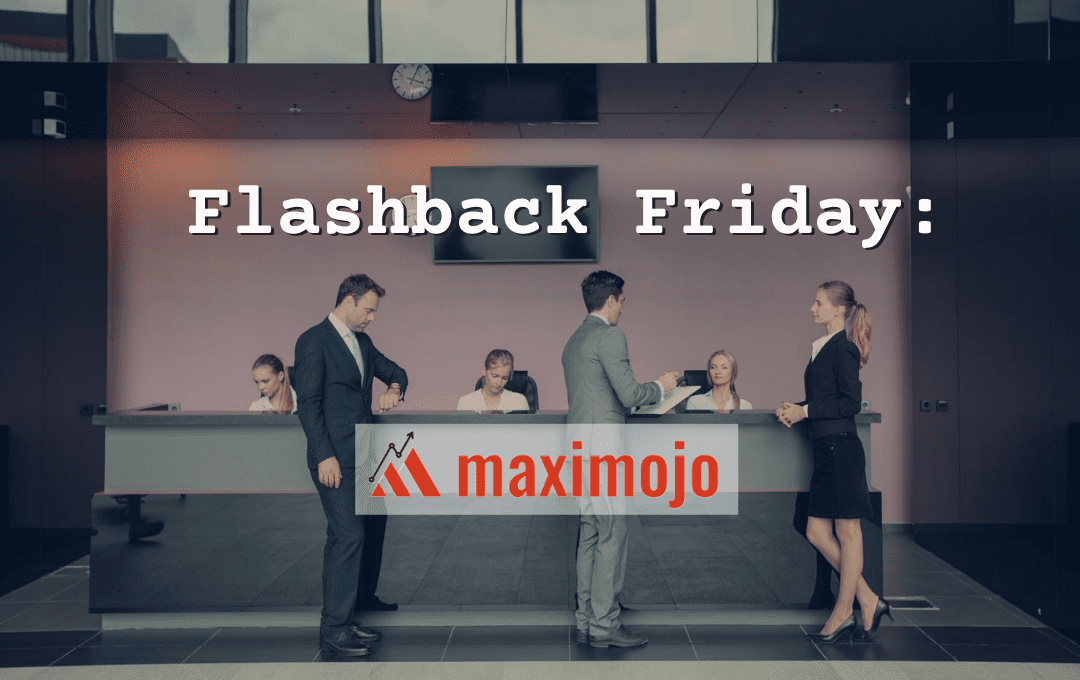Maximojo offers cloud-based tools that provide hotels the means to setup & manage their hotel inventory distribution & revenues. Its suite includes ‘Revenue Mantra’ for inventory distribution & yield management, ‘Web Mantra,’ which is a direct web channel with a booking engine, and ‘Analytics Mantra’ for competitor tracking & yield maximization. The company also offers a mobile application that enables hotel owners to track bookings, competitor rates & their inventory in real-time.
Maximojo offers three services, i.e., Revenue Management to track outcomes and recalibrate based on lessons learned, Revenue Audits to identify the gaps, and lost revenue potential and Revenue Strategy to provide the framework for defining the individual elements of the revenue plan.
Founder: Sudhir Mody Total funding raised INR 1.71 Crore2020 status: OperationalNumber of rounds 2Co-investors: Mumbai Angels
Why did you invest in Maximojo?
The idea to invest in Maximojo came from positive customer feedback. I introduced the product to my brother, who manages our family-owned hotels. He was excited that (through Maximojo) they could increase the number of OTAs where his rooms were listed, and as a result, they had seen an increase in bookings but also reduced the amount of time it took to manage the various OTAs.
I received similar positive feedback from a friend that owned over 7 properties in Mumbai. He raved that he repurposed an entire function through Maximojo as updating their inventory and room rates became easy and instantaneous through Maximojo. He was so happy with the service that he recommended it to his friends and family that were in the business.
Maximojo operated in a fragmented space, and they got access to large industries through a simple solution (read: hook). If they could add features and products on top of their hook, they had the potential for massive revenues.
The sizeable addressable market and positive customer feedback were the primary reasons why I invested in Maximojo.
What were the risks involved with the investment in Maximojo?
The most significant risk, like with any B2B SaaS company, is scale. They need to add and offer more products and being able to increase billing per client. The deeper a B2B SaaS company can get into a business, the higher the margins and stickiness. But therein lies a fallacy.
Higher margins can lull founders into a sense of complacency and turn a promising startup into a lifestyle business. The founders must continue to stay hungry to scale and have the vision to create something huge out of the company. Otherwise, investor capital may get stuck in lifestyle businesses.
How long did you plan to invest in Maximojo?
I predicted that would be a 5-6 year kind of investment. As the company would scale globally, create more products, penetrate different markets, it could either go to an IPO or get acquired. I was wrong as I have been holding on for an exit for 3 years past my predicted holding period.
What are your learnings from your investment in Maximojo and the pivots they adopted?
- It’s essential to determine whether the founder can differentiate between himself and the company. For any private equity investor, their founders need to be motivated to provide an exit to the investors. When a funded startup drifts into a lifestyle business, it may be an excellent result for the founder and the company, but investors are stuck. Founders need to take responsibility to return investor capital with a respectable exit if the business cannot scale or if they do not wish for their startup to scale due to personal reasons.
- It’s crucial to maintain a reporting oversight with the founder. We made this investment with a group of investors; therefore, we shared communal responsibility on the business decisions made by the founder. I got inducted into the board after the previous investor quit, and I coaxed a few pivots out of the founder, but it was too little too late. I finally left the board as I felt the scale and opportunity I saw did not align with the founder’s vision for Maximojo. This startup will be one of those companies that causes heartburn because it had failed to capitalize upon the incredible promise it showed.
- B2B SaaS companies can surely spit out cash – and lots of it, however, customers can get jaded at the time of renewals if the startup does not add more products & features, and increase the value to their company. Without an increase in the billing per customer, it is hard for B2B SaaS companies to show scale and keep their customer sticky.






